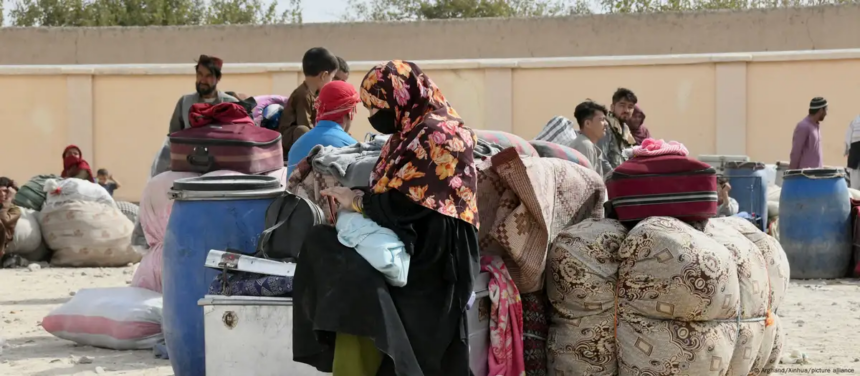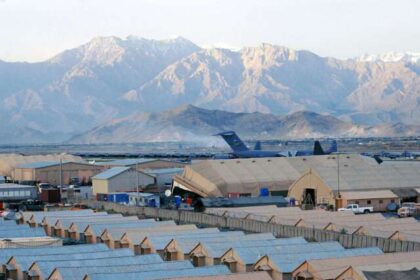RASC News Agency: Kandahar: In a troubling escalation of Pakistan’s crackdown on undocumented Afghanistani migrants, local authorities in Kandahar province confirmed on Friday that over the course of just two days, 452 Afghanistani families comprising more than 1,100 individuals were summarily expelled and forced to re-enter Afghanistan through the Spin Boldak border crossing. Among the deported are large numbers of women, children, and the elderly vulnerable populations who were evicted from their homes without prior notice, preparation, or access to basic humanitarian safeguards. The abrupt nature of their forced return has plunged these families into precarious conditions, leaving them exposed to the elements and deprived of essential support.
Provincial institutions in Kandahar have attempted to mobilize emergency relief, including temporary shelter, food supplies, and medical assistance. However, local officials admit that the rapidly accelerating pace of deportations, compounded by chronic resource shortages, has severely limited their ability to mount an effective humanitarian response. “The scale of the influx is overwhelming,” one official noted, “and we are operating far beyond our logistical capacity.” Compounding the crisis, Pakistani authorities have also released and deported 158 Afghanistani nationals who had been incarcerated in Pakistani prisons. These individuals were handed over to Afghanistani officials without adequate reintegration plans or transitional support, further burdening an already strained system.
The continuation of these forced expulsions comes at a time when Afghanistan is grappling with profound economic instability, widespread unemployment, and a deteriorating social safety net. Many of the deportees had resided in Pakistan for decades, having established lives, homes, and communities there. Their sudden displacement, without access to legal recourse or opportunities for voluntary repatriation, has triggered widespread alarm among humanitarian agencies and rights advocates. Observers warn that this mounting deportation campaign not only constitutes a breach of international norms regarding the treatment of refugees and migrants but also threatens to ignite a wider humanitarian catastrophe. The lack of a coherent response plan from the de facto authorities in Kabul, combined with the international community’s limited engagement, has raised urgent questions about the future of Afghanistani returnees and the broader regional implications of Pakistan’s policy.
As the crisis deepens, calls are growing for coordinated international intervention, both to pressure Pakistan to halt indiscriminate deportations and to support Afghanistan in mitigating the severe human cost of this unfolding displacement emergency.






